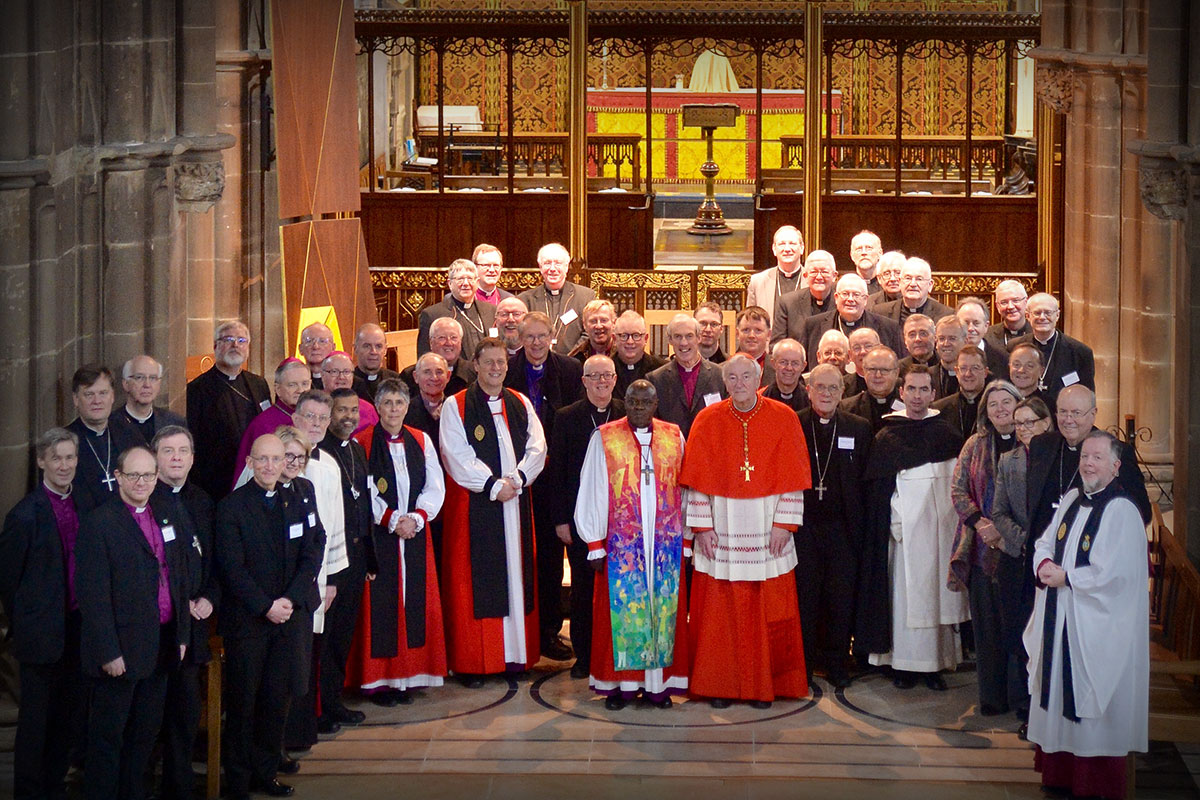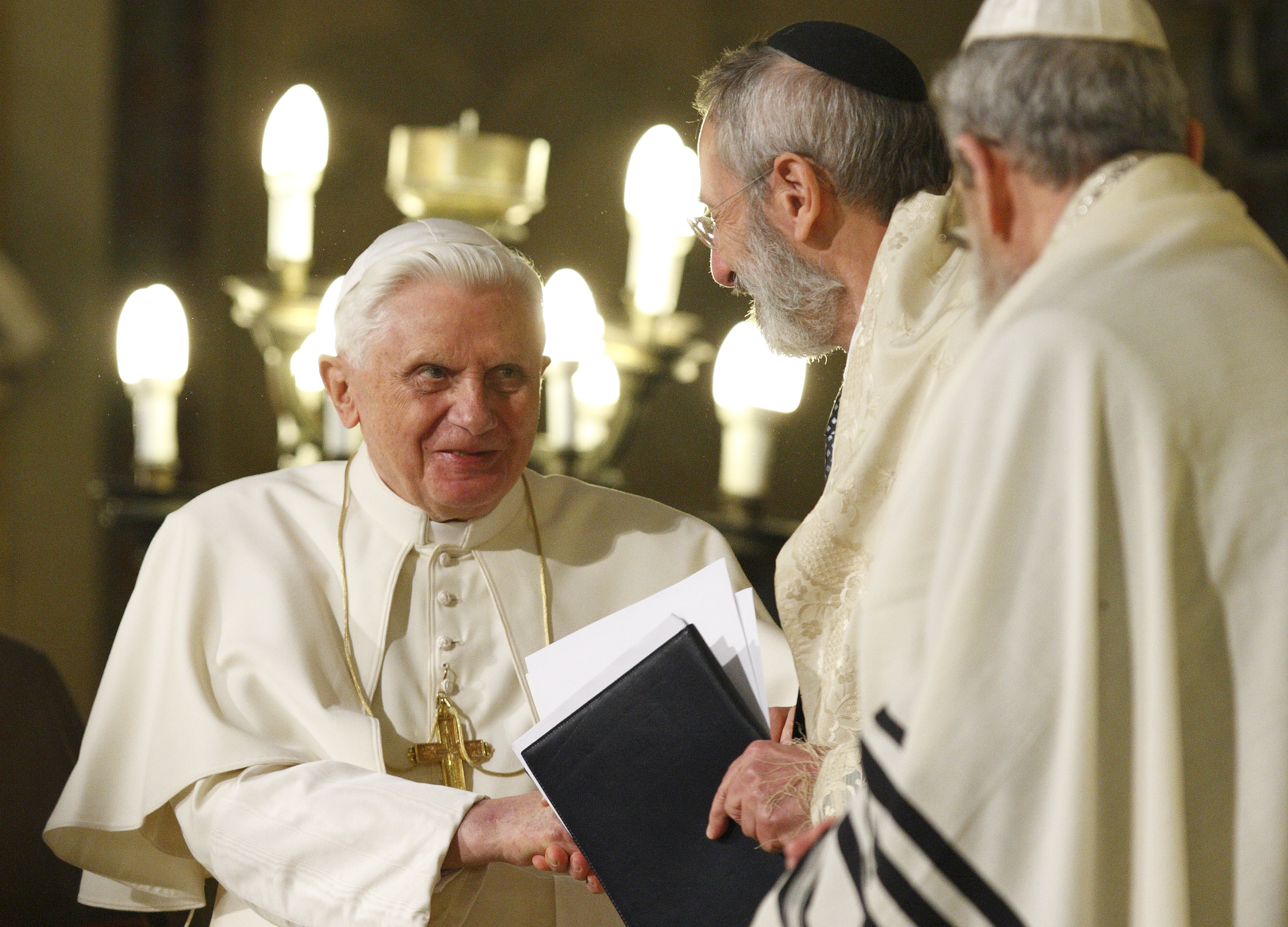Tensions between emeritus Pope Benedict XVI and a number of Austrian and German Rabbis which arose over a text written by Benedict on Jewish-Christian relations and published in the theological journal "Communio" last July (2018), have been resolved, Vienna’s Chief Rabbi has said.
The Chief Rabbi of Vienna, Arie Folger told Vatican News on 16 January that he along with Rabbi Jehuda Pushkin from Stuttgart, Rabbi Jehoschua Ahrens from Darmstadt and the emeritus Pope had a “very good talk” during a 16 January meeting in the Vatican.
Orthodox Jews were now prepared to “discuss matters that had only cropped up in recent decades” with Catholics, above all the matter of the Promised Land, that is the Land God promised to the Jews, Rabbi Folger said.
Of course Christians and Jews had differences of opinion, “but now we are on an upward swing and are trying to see one another positively”, he said.
The Catholic Church could and should ask itself how it could appreciate and support “this young energetic Jewish democracy, which not only consists of Jews and where the rights of minorities are protected despite all controversies”.
Both religions had many values and concepts in common “and we want similar things for the world and society. That is why we call Catholics partners, brothers, allies in the attempt to do things for the world,” he continued.
Several German-speaking Rabbis criticised Benedict's text, "Grace and Vocation Without Remorse", after it appeared last summer in the German edition of Communio.
The 18-page article, signed "Joseph Ratzinger-Benedict XVI”, was originally written as a reflection on the 50th anniversary of Nostra Aetate, the Second Vatican Council's 1965 declaration on the church's relations with non-Christian religions and was intended as an internal document for the Vatican's Commission for Religious Relations with the Jews, which is under the auspices of the Pontifical Council for Promoting Christian Unity.
In response, Arie Folger told the Jüdische Allgemeine, the largest Jewish daily in Germany, that Benedict’s text was “most problematic” and had recalled that Catholics had tried for many centuries forcibly to convert Jews.
“As so much blood has been shed as a result of Christian animosity towards Jews, it should be clear to Benedict that there can be no positive approach to prosetelytising Jews,” he said at the time.



 Loading ...
Loading ...